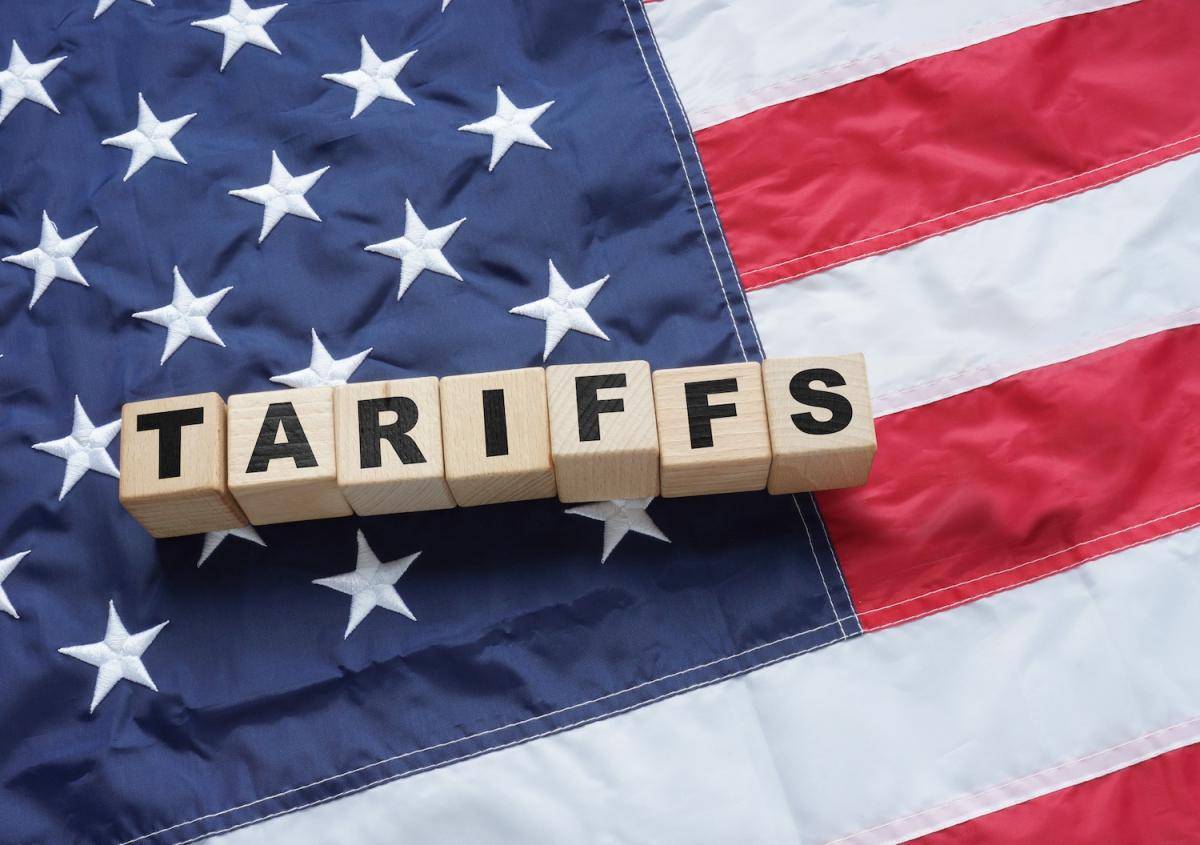Globalization has long been the engine of economic growth, connecting markets, lowering trade barriers, and fostering international cooperation. But with former U.S. President Donald Trump vowing to escalate tariffs on foreign goods if re-elected—potentially exceeding 60% on Chinese imports—the future of global trade hangs in the balance. Could these protectionist measures unravel decades of economic integration?
The Return of "America First" Trade Policies
Trump’s first presidency was marked by aggressive trade policies, including tariffs on steel, aluminum, and billions worth of Chinese goods. His argument? Protecting American industries from "unfair competition." Now, as he campaigns for a second term, he has doubled down, proposing even steeper tariffs—a move that could trigger retaliatory measures and disrupt global supply chains.
Economists warn that such policies risk igniting trade wars, where countries impose tit-for-tat tariffs, driving up costs for businesses and consumers. The Peterson Institute for International Economics estimates that Trump’s proposed tariffs could cost the average U.S. household $1,700 annually in higher prices. But the impact wouldn’t stop at America’s borders.
The Ripple Effect on Global Trade
Supply Chain Disruptions – Many industries rely on cross-border production. Higher tariffs could force companies to either absorb costs (hurting profits) or pass them to consumers (fueling inflation).
Retaliation from Trade Partners – The EU, China, and other nations may respond with their own tariffs, shrinking export markets for U.S. farmers and manufacturers.
Erosion of Trade Alliances – Long-standing partnerships, like those with the EU and Japan, could weaken if the U.S. is seen as an unreliable trade partner.
Is This the End of Globalization?
While Trump’s tariffs alone may not dismantle globalization entirely, they could accelerate economic fragmentation. We’re already seeing shifts:
Friend-shoring (moving supply chains to allied nations)
Reshoring (bringing production back home)
Regional trade blocs gaining prominence over global agreements
However, globalization is deeply entrenched. Multinational corporations, digital trade, and financial interdependence won’t disappear overnight. Yet, a prolonged tariff war could push the world toward "slowbalization"—a fragmented, less connected global economy.
The Bottom Line
Trump’s tariff policies would undoubtedly strain global trade, but whether they "destroy" globalization depends on how other nations respond. One thing is certain: in an interconnected world, economic decisions in one country send shockwaves across the globe. The question isn’t just about tariffs—it’s about what kind of global economy we want to build.
What do you think? Are tariffs a necessary correction to unfair trade practices, or a dangerous step toward economic isolation? Let’s discuss.




No comments yet
Be the first to share your thoughts!